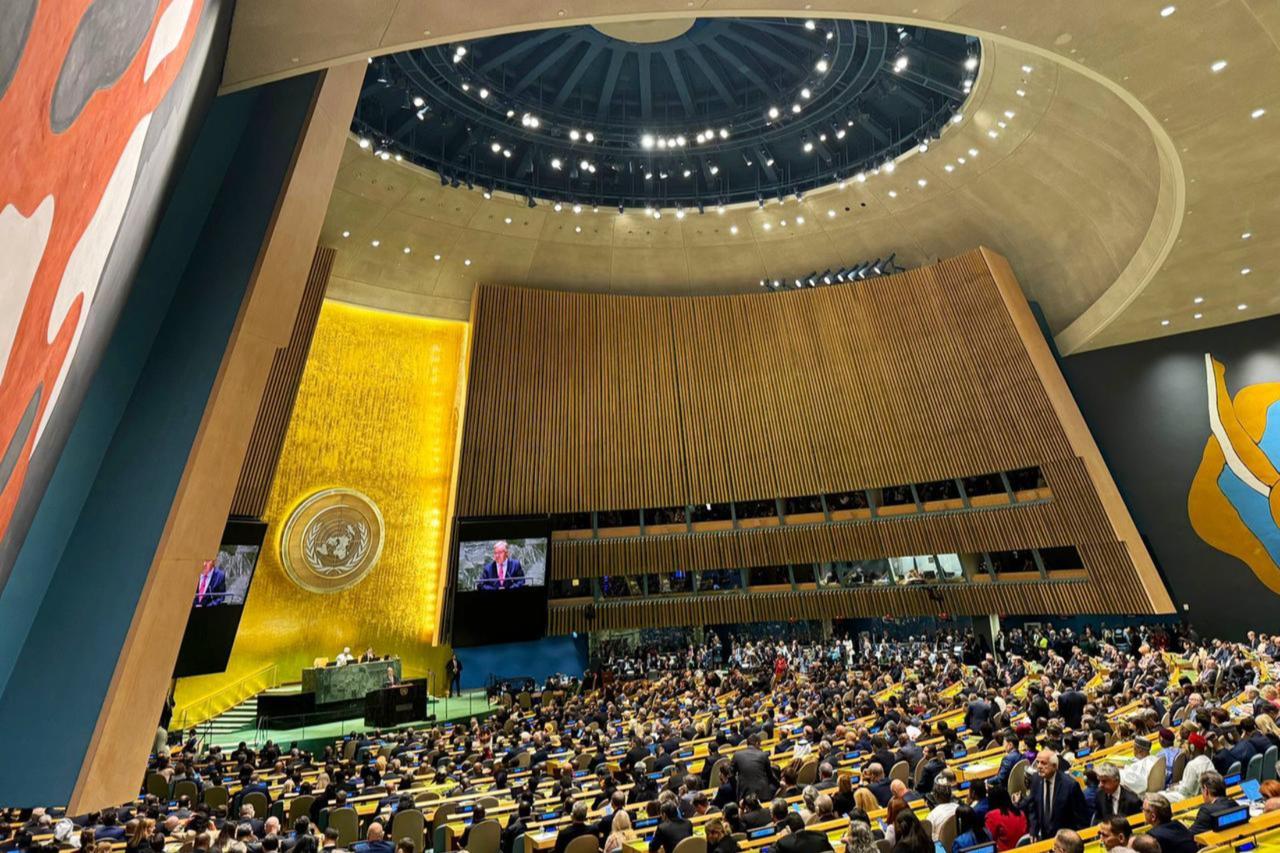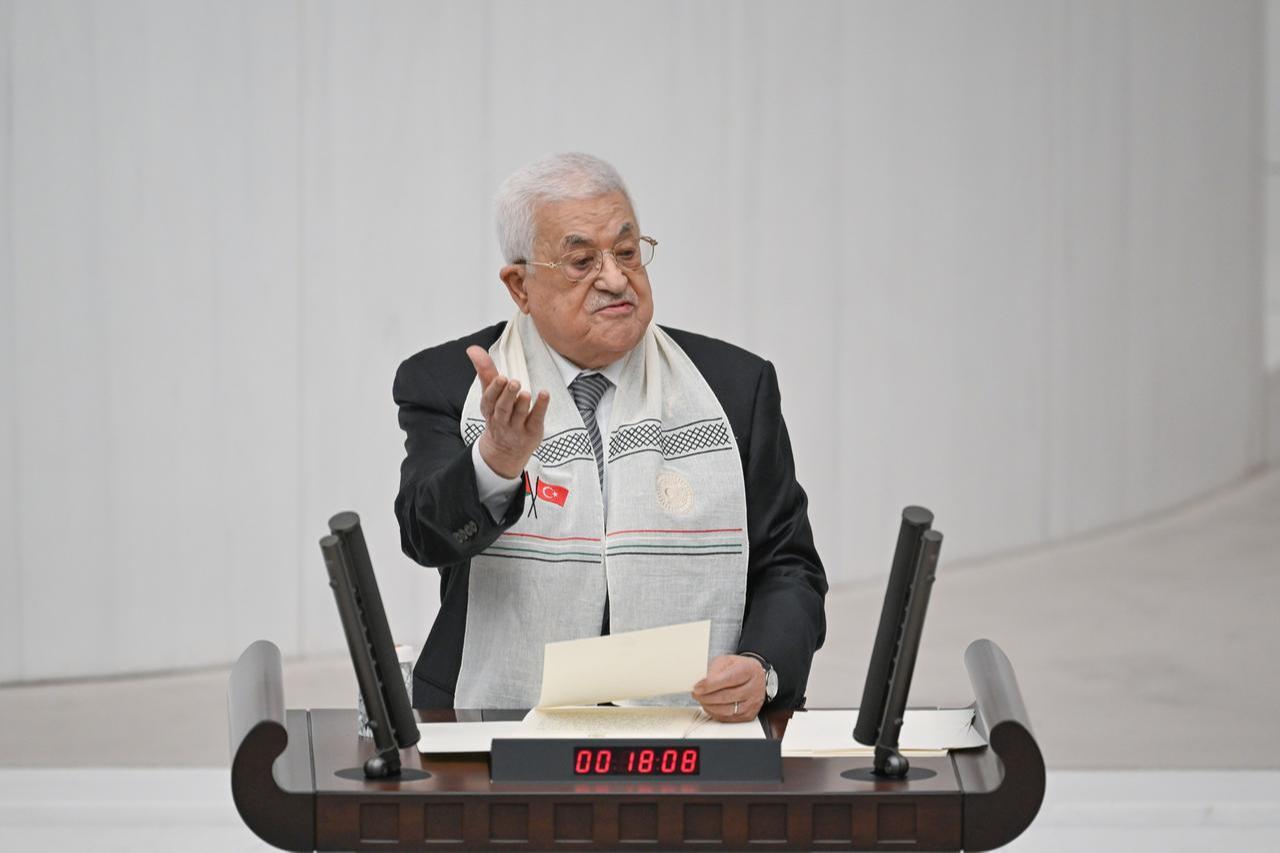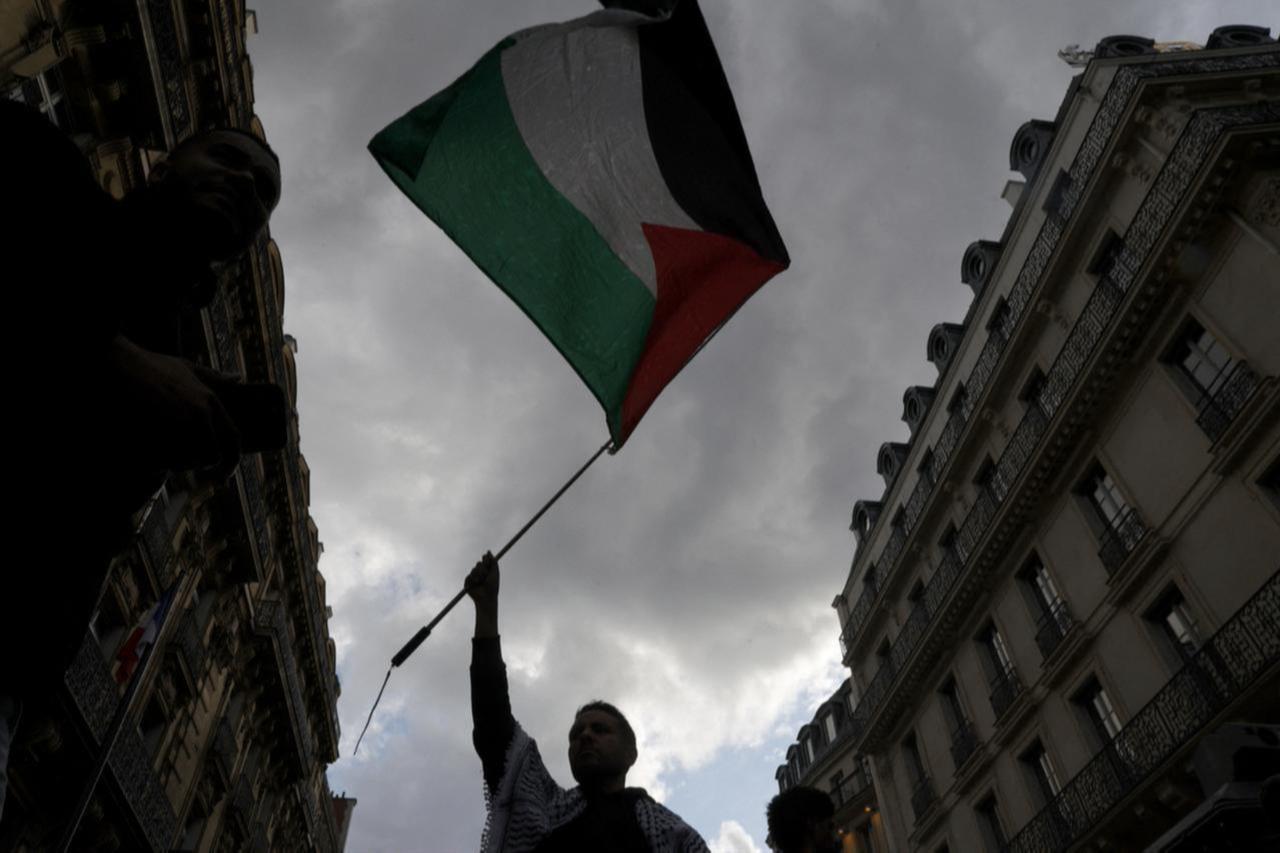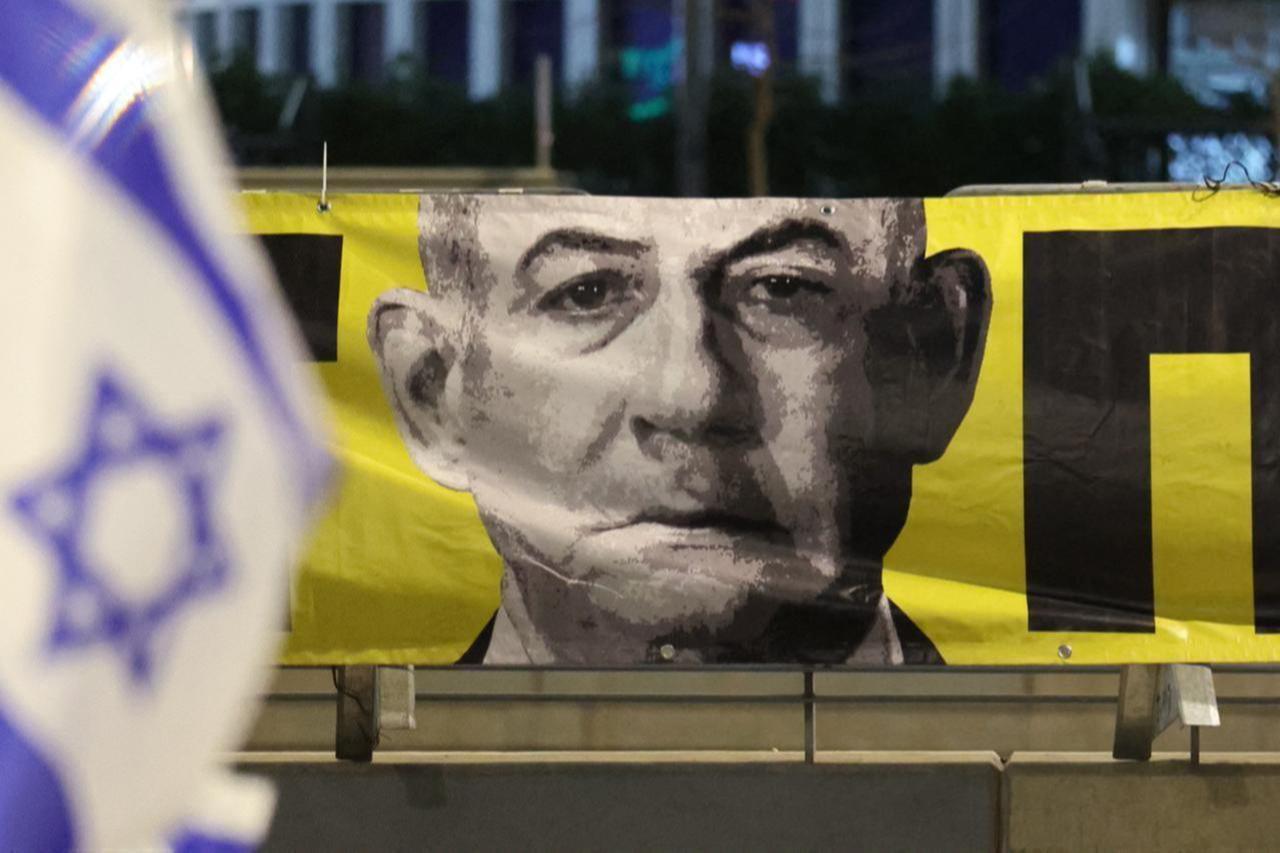
The United States' decision to deny visas to Palestinian Authority officials for the September United Nations General Assembly has sparked a diplomatic confrontation with European allies and raised questions about America's obligations as host of the world body.
French Foreign Minister Jean-Noel Barrot said Saturday that "a U.N. General Assembly meeting... should not be subject to any restrictions on access," speaking at a gathering of European Union foreign ministers in Denmark.
Several other ministers echoed France's position, calling on Washington to reverse its decision.
The State Department announced Friday it was "denying and revoking visas from members of the Palestine Liberation Organization (PLO) and the Palestinian Authority (PA)" ahead of the September assembly.
The agency accused the organizations of failing to repudiate terrorism, inciting violence, and pursuing "international lawfare campaigns" through international courts.
"Before we take them seriously as partners in peace, the PA and PLO must completely reject terrorism and stop counterproductively pursuing the unilateral recognition of a hypothetical state," State Department deputy spokesman Tommy Pigott said on social media.

The Palestinian Authority condemned the restrictions as violating the 1947 U.N. Headquarters Agreement, which obligates the United States to facilitate entry for UN representatives regardless of political relations.
"We express our deep astonishment at this decision and consider it a flagrant breach of the 1947 Headquarters Agreement," said Ahmed al-Deek, political adviser to the Palestinian foreign minister.
U.N. spokesperson Stephane Dujarric said the organization learned of the decision through press reports and would discuss the matter with the State Department.
"We obviously hope that this will be resolved. It is important that all member states and permanent observers be able to be represented," he said.
Palestinian Authority President Mahmoud Abbas, 89, had planned to attend the assembly and deliver his customary address. The veteran leader once maintained cordial relations with Washington but now faces uncertainty about whether he can participate in the diplomatic gathering.

The timing appears significant as France leads efforts to recognize Palestinian statehood at the New York gathering.
France, the United Kingdom, Canada and Australia have announced plans to recognize a Palestinian state during the assembly, joining 147 countries that already do so.
The visa restrictions represent the latest alignment between President Donald Trump's administration and Israel's government, which continues its military campaign in Gaza.
The move follows previous State Department sanctions imposed on Palestinian officials in July, though Washington recently lifted sanctions on Israeli settlers accused of attacks against Palestinians.
The restrictions come as Israel continues its offensive in Gaza, where more than 63,000 Palestinians have been killed since Hamas's Oct. 7, 2023, attack on Israel, according to Palestinian health authorities.

Israel faces ongoing international legal challenges, including arrest warrants issued by the International Criminal Court (ICC) for Prime Minister Benjamin Netanyahu and former Defense Minister Yoav Gallant, as well as a genocide case at the International Court of Justice.
Deputy Palestinian President Hussein al-Sheikh called for the United States to "reconsider and reverse its decision," emphasizing that it "is against international law and the rules and laws of the headquarters."
Al-Deek said the decision "will not stop the wave of recognition of the State of Palestine, nor the international consensus on the need to halt genocide, displacement, and annexation." Palestine's U.N. envoy, Riyad Mansour, said Palestinian officials "will respond accordingly" once full details of the State Department decision become clear.